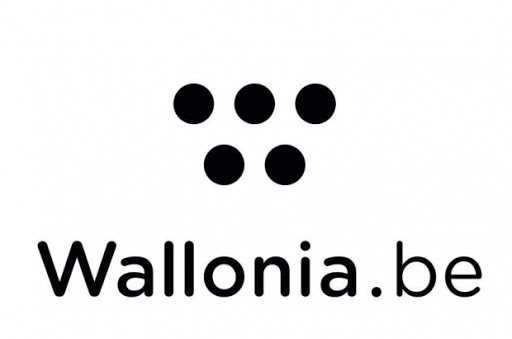Skywin must clearly be attentive to all technological developments and is thus constantly evolving. It is with this in mind that the cluster regularly reviews its strategic focuses.
The Skywin cluster is currently based on 6 strategic focuses defined in 2013/2014 using a “bottom-up” approach. This strategy was expanded after a market study carried out in late 2015 by the introduction of several aspects corresponding to the topic of drones in the existing focuses.
The cluster did not deem it necessary to specifically dedicate a new focus to digital and industry 4.0 aspects. Digital activities are not an objective in themselves for the aeronautics or space sector but rather an essential resource or tool for improving certain products and the sector’s competitiveness and productivity. However, these aspects are considered in 5 of the Skywin cluster’s 6 focuses (composite materials, metal alloys, embedded systems, space and simulation).
Composite materials and industrial processes
With many R&D projects already existing in this field, projects are clearly focused on the composite-related industrial process. This will certainly remain relevant in the coming years. It will notably focus on:
- defect detection with the gradual introduction of production line inspections to avoid extra costs due to non-destructive testing, notably for large parts;
- multi-functionality (consideration of electrical, acoustic constraints, etc.) to remain competitive relative to new metal alloys;
- the problem of recycling and specifically the use of thermoplastic resins instead of thermosetting resins;
- the globalisation of the walloon value chain (with the exception of raw materials), including design, simulation, production, maintenance and end-of-life.
- the integration of operational excellence aspects in the composite manufacturing process, notably through an Industry 4.0 approach covering the entire value chain; the use of increasingly intelligent and multi-tasking robots to speed up production lines and guarantee the repeatability of parts;
- maintenance of the competitiveness of the “metal to composite” transition thanks to innovative processes, training and investments;
- composite-metal assembly problems.
Metal alloys and industrial processes
Additive Manufacturing is the fastest-growing manufacturing process within large Walloon companies in the sector as well as in specialised SMEs. This is a specific evolving area based on results from research by university laboratories, research centres (porosity, high-performance powders, surface conditions, etc.) and with the evolution of technologies used in production machines. A Walloon ecosystem is gradually being established at every level but recourse to international expertise is still necessary and essential.
The continuation of the development of the more general topic of metal alloys will allow our current leaders to improve their position and new leading players to emerge. This topic will notably focus on:
- maintaining competitiveness during the transition from traditional foundry processes to metal Additive Manufacturing thanks to innovative processes, training and investments;
- the new alloys and the new related assembly methods leading to lighter and more effective integrated structures.
Embedded systems
This area mainly covers embedded equipment intended for planes, launchers, satellites or drones (supplies, controllers, sensors, etc.) and targets OEM flying system integrators.
It has recently facilitated the creation of a university platform (accredited by the International Jury in late 2016) dedicated to radiation testing for electronic equipment, bringing several industrial spin-offs together around the UCL Louvain cyclotron.
The scope of this topic was extended in late 2015 with the addition of sensors and embedded electronics used by drones for professional purposes. New players are appearing in Wallonia involved in these technologies.
Finally, this focus was also reinforced 2 years ago with the arrival of projects related to airborne defence driven by leading Walloon stakeholders. These projects notably concern embedded electronics for airborne defence and the consideration of civil certification constraints in military developments.
Airport services
This area is essentially focused on “services” rather than “technologies”.
It promotes training aspects, specifically at international level and in line with the WAN.
Systems and applications for space and drones
This focus is dedicated to the value chain from the satellite instrument (or driven by a drone) to developments of commercial ground applications based on the data collected by this instrument.
Its aim is to best manage this chain in relation to commercial micro and nano-satellites (alone or in a constellation) and drones.
Wallonia can be proud of the technical and scientific recognition it receives from around the world in this sector (at both academic and industrial level).
Modelling, simulation, digitisation
The aim of this focus, essentially transverse, is twofold:
- sustain technical skills corresponding to simulation software developed in Wallonia in recent decades;
- proactively and reactively help companies adapt to changes related to Industry 4.0.
